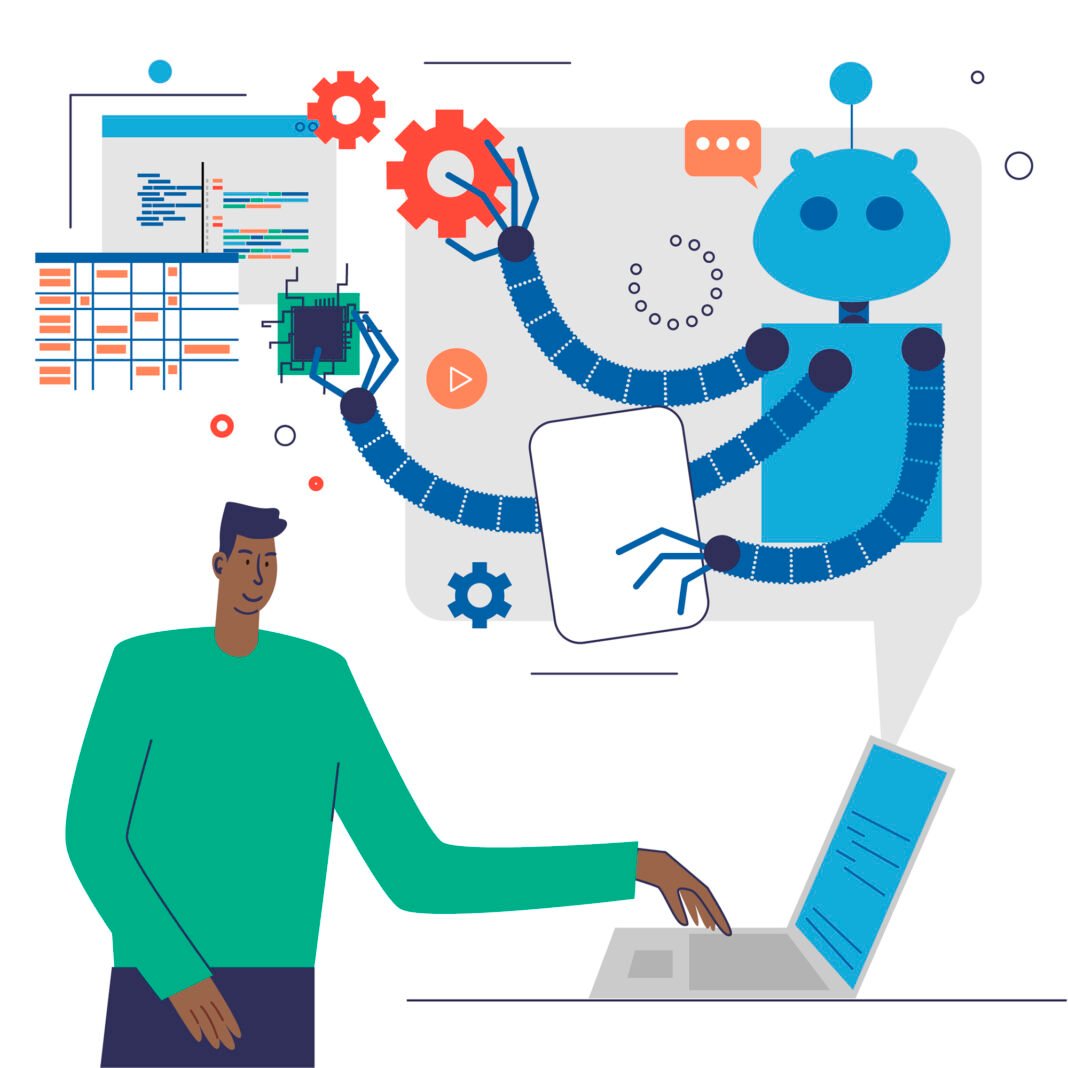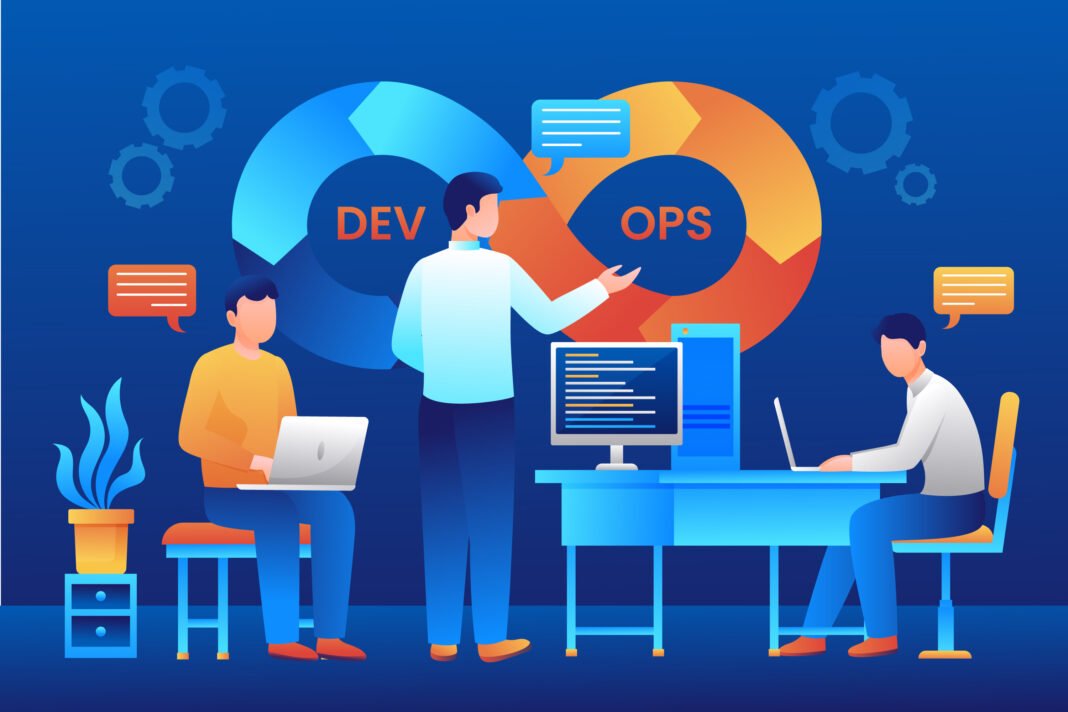IT operations play a crucial role in ensuring the seamless functioning of businesses. However, the sheer complexity and scale of IT infrastructures often pose significant challenges for IT teams. Thankfully, Artificial Intelligence (AI) has emerged as a game-changer, revolutionizing IT operations and empowering organizations to meet the demands of today’s digital landscape. This article explores the transformative potential of AI for IT operations and its multifaceted impact on efficiency, security, and overall business performance.
Table of Contents
The Rise of AI for IT Operations
AI for IT operations, often referred to as AIOps, represents the convergence of AI and machine learning technologies with traditional IT operations. It harnesses the power of data analytics, automation, and predictive capabilities to enhance IT infrastructure management. Gone are the days of reactive troubleshooting; AI enables proactive identification and resolution of issues before they escalate into major problems.
One of the key pillars of AIOps is data processing and analysis. With the proliferation of connected devices and applications, IT environments generate massive volumes of data. AIOps platforms can effectively collect, process, and analyze this data, providing valuable insights to IT teams.
Predictive Analytics: Anticipating Issues Before They Occur
One of the most significant advantages of AI for IT operations lies in its predictive capabilities. Traditional monitoring tools may identify issues after they have already affected users or systems. AIOps, on the other hand, leverages advanced algorithms to analyze historical data and detect patterns indicative of potential future problems.
By identifying early warning signs, AIOps empowers IT teams to proactively address issues, minimizing downtime and maximizing system availability. This shift from a reactive to a proactive approach is a game-changer in IT operations, reducing costs and improving overall efficiency.
Automating Repetitive Tasks
IT operations often involve a plethora of repetitive and time-consuming tasks, such as system monitoring, log analysis, and performance optimization. These manual tasks not only consume valuable resources but are also prone to human errors.
AI for IT operations automates these mundane tasks, freeing up IT personnel to focus on more strategic and creative endeavors. Automated processes lead to improved accuracy, increased productivity, and faster incident resolution times.
Enhanced Security and Risk Mitigation
In the digital age, cybersecurity is a top priority for businesses. Cyber threats are becoming more sophisticated, and the consequences of a security breach can be catastrophic. AIOps plays a critical role in fortifying an organization’s security posture.
AI-powered security systems can continuously monitor networks and endpoints, identifying anomalies and potential security breaches in real-time. By swiftly detecting and responding to security incidents, AIOps helps in mitigating risks and safeguarding sensitive data.
Furthermore, AIOps aids in compliance management by ensuring adherence to regulatory requirements. Regular audits and reporting can be automated, streamlining the compliance process and reducing the risk of penalties or legal ramifications.
Optimizing IT Infrastructure
Modern IT infrastructures are a complex amalgamation of on-premises systems, cloud services, and hybrid environments. Managing and optimizing such intricate setups can be overwhelming without AI assistance.
AI for IT operations can intelligently analyze data from various sources, including servers, networks, applications, and databases. It can identify performance bottlenecks, resource inefficiencies, and potential areas for improvement. With this information at hand, IT teams can make data-driven decisions to optimize their infrastructure, enhancing its overall performance and cost-effectiveness.
Embracing a DevOps Culture
The DevOps approach emphasizes collaboration between development and operations teams to deliver software and services more efficiently. AIOps acts as a catalyst in fostering a DevOps culture within organizations.
By providing real-time insights and automating tasks, AIOps encourages seamless collaboration between different teams. It breaks down silos and promotes a unified approach to problem-solving and innovation. The integration of AI into DevOps practices enhances the speed and quality of software development and deployment.
The Challenges of AI for IT Operations
While AI for IT operations brings immense benefits, its implementation also comes with its set of challenges. One significant obstacle is the need for extensive data collection and preparation. AIOps platforms rely heavily on historical data for predictive analysis, and organizations must ensure data accuracy and completeness.
Moreover, AI models require constant monitoring and updating to remain effective in dynamic IT environments. Regular maintenance and retraining of AI algorithms are necessary to adapt to changing conditions and new challenges.
Conclusion
AI for IT operations is undoubtedly a transformative force in the world of modern technology. By harnessing the power of AI and machine learning, organizations can unlock unparalleled insights, enhance security, streamline operations, and foster a culture of collaboration. As AIOps continues to evolve, businesses must embrace this paradigm shift and leverage AI’s potential to stay competitive in an increasingly digital world. Embracing AI for IT operations is not merely an option; it’s a strategic imperative for the success of any organization in the digital age.






